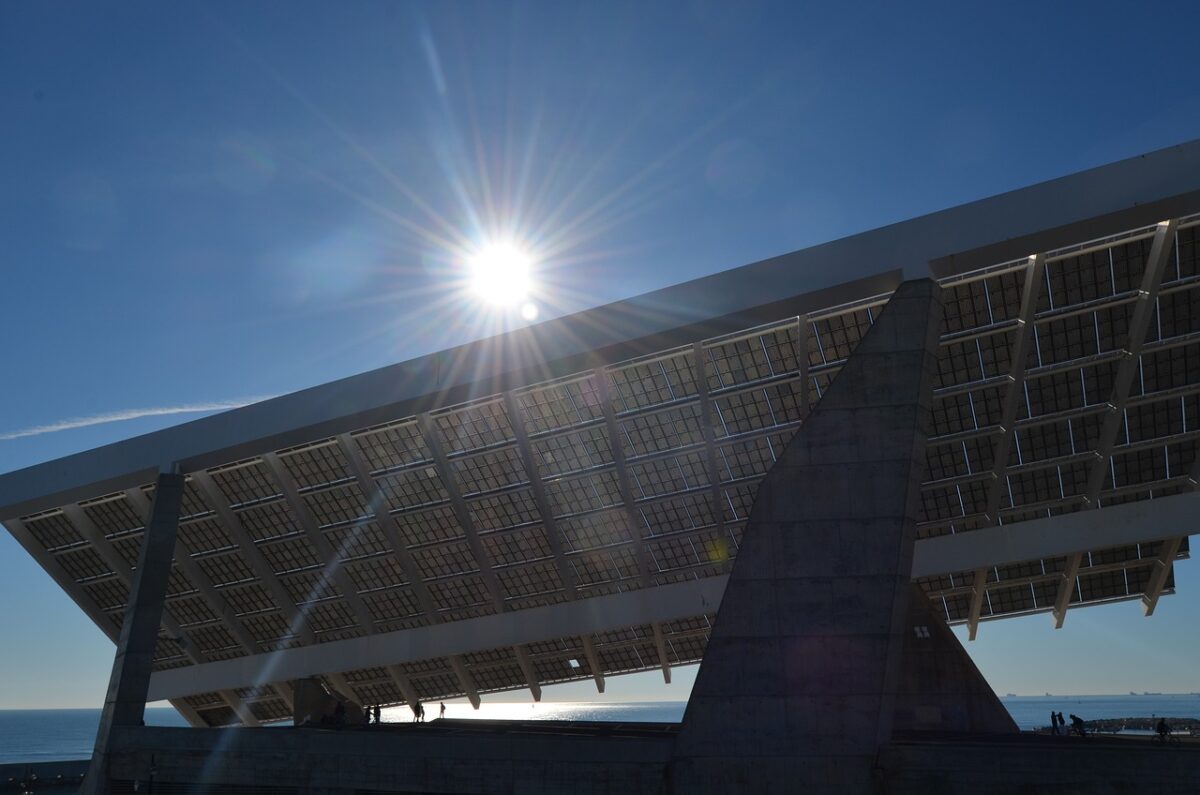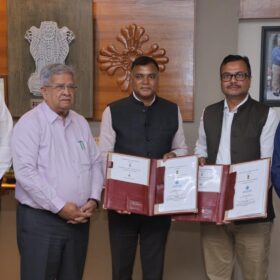From pv magazine Global
Scientists at the Mutah University in Jordan have sought the reduce the operating temperature of photovoltaic panels by placing clear acrylic sheets in various slops over the modules at a distance of approximately 30 cm.
The researchers said that 3 mm acrylic sheets can reflect and absorb 10% of solar radiation with wavelengths below 1.1 μm, which is insufficient for exciting electrons in PV power generation. They believe this unused radiation contributes to increased panel temperature and reduced performance.
“All of these wasted solar radiations will just heat the PV panel and increase the surface temperature,” the researchers stated.
For their experiments, the researchers used three 30-degree tilted monocrystalline solar panels, each with a power of 50 W, dimensions of 630 mm x 540 mm x 18 mm, and weighing 3.3 kg.
They used one panel as a reference without the acrylic sheet, while the second panel had a sheet installed at a 30 mm distance with variable slopes of 15, 30, and 45 degrees. The third panel had a parallel-mounted sheet at the same distance.
Through analysis and tests, the scientists found that the panel with slopes of 30 and 45 degrees experienced the highest temperature reduction at 14.5%, while the panel with the parallel-mounted sheet achieved a decrease of around 10%.
“The reduction in PV surface temperature led to an increase in PV electrical efficiency and output power of about 2% each,” they explained. “The results of all experiments demonstrated that installing a clear acrylic sheet will reduce the PV surface temperatures, enhance the performance, increase the electrical energy production, and extend the cell life.”
They introduced the new tech in “Installing clear acrylic sheet to reduce unwanted sunlight waves that photovoltaic panels receive,” which was recently published in Results in Engineering.
This content is protected by copyright and may not be reused. If you want to cooperate with us and would like to reuse some of our content, please contact: editors@pv-magazine.com.









By submitting this form you agree to pv magazine using your data for the purposes of publishing your comment.
Your personal data will only be disclosed or otherwise transmitted to third parties for the purposes of spam filtering or if this is necessary for technical maintenance of the website. Any other transfer to third parties will not take place unless this is justified on the basis of applicable data protection regulations or if pv magazine is legally obliged to do so.
You may revoke this consent at any time with effect for the future, in which case your personal data will be deleted immediately. Otherwise, your data will be deleted if pv magazine has processed your request or the purpose of data storage is fulfilled.
Further information on data privacy can be found in our Data Protection Policy.